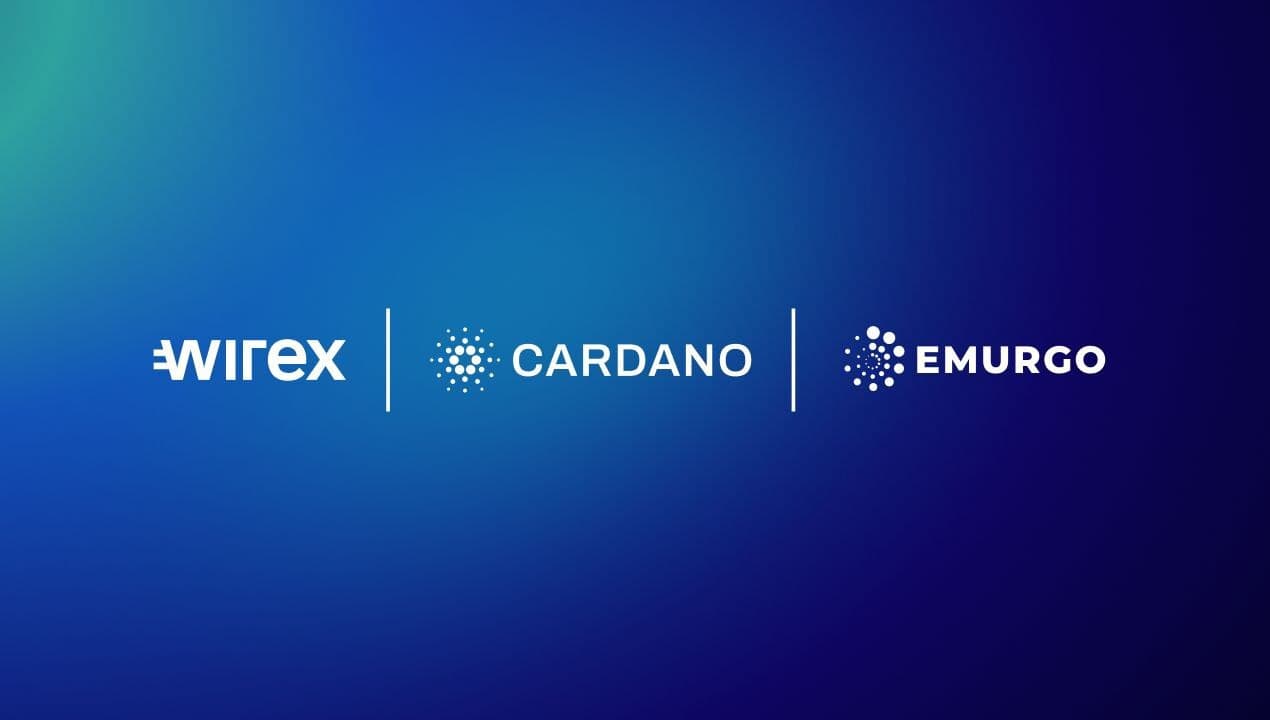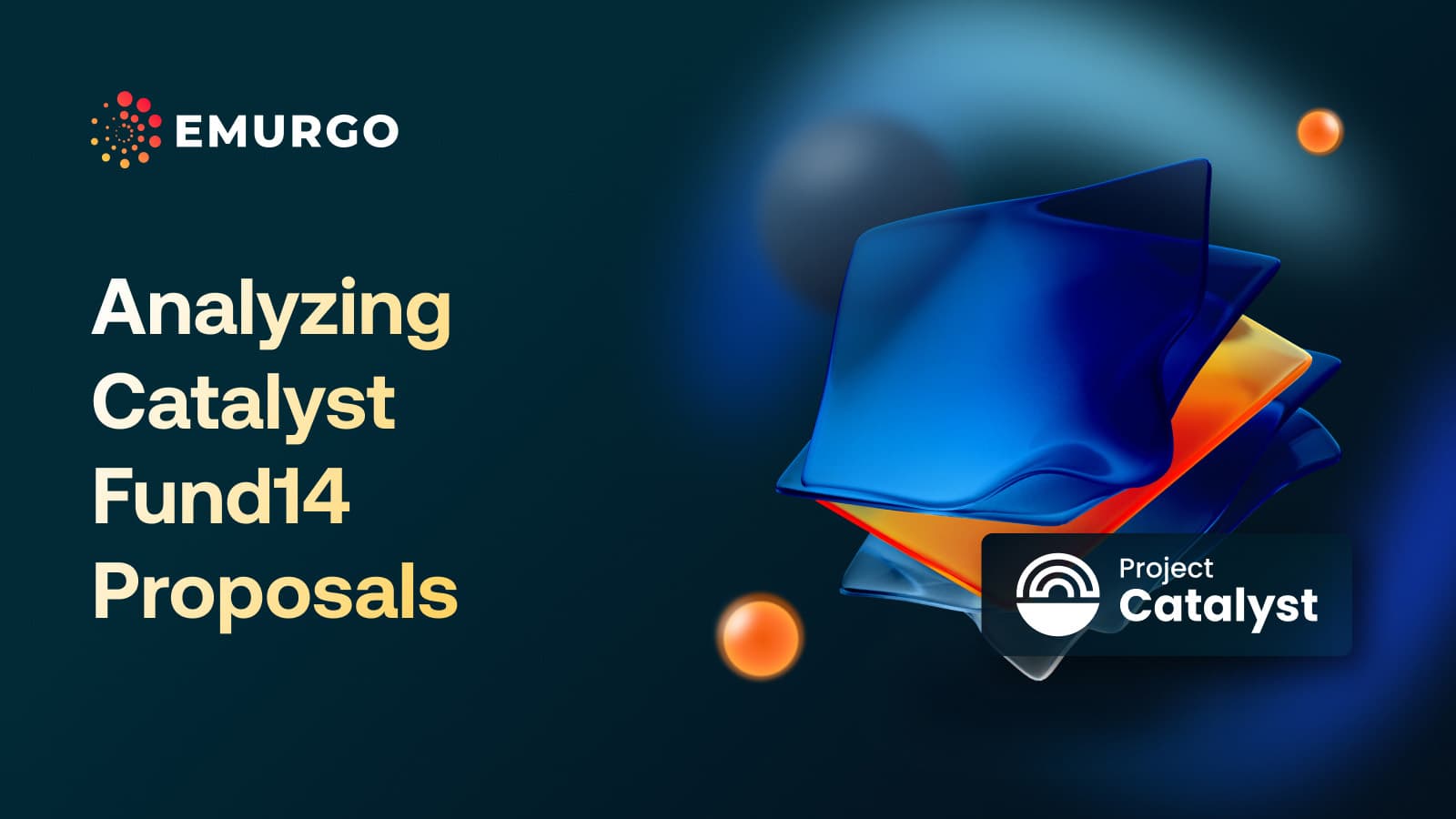- What is a hackathon?
- Why hackathons diversify Web3 and strengthen communities
- Advantages of participating in a hackathon
- What are the skills required to participate in a hackathon?
- Preparing for a hackathon
- Web3 hackathon categories
- Tips to win a hackathon
- Follow EMURGO to register for future Cardano hackathons
In the rapidly evolving world of technology, there are many ideas to create a tech product or solution. Yet, we often lack time and resources which can hinder the creation and growth of a promising product.
To solve this issue, tech companies and organizations host hackathons to innovate, incubate and empower new ideas with industry peers. Hackathons expedite the development of new and existing apps and products and incentivize early-stage founders. And in most cases, they help participants showcase a working prototype to secure funding and resources which help to continue further product development.
In 2022, EMURGO Ventures, the venture arm of Cardano blockchain’s founding entity EMURGO, announced a partnership and investment in DoraHacks, the world’s most active multi-chain Web3 developer community. The partnership included hosting future Cardano hackathons to scale Cardano’s Web3 developer pool & DApp ecosystem in 2023 and beyond.
In this guide, we will talk about everything you need to know about hackathons.
What is a hackathon?

A hackathon (a portmanteau of “hacking” and “marathon”) is an event where people engage in rapid and collaborative engineering over a short period such as 24 or 48 hours. When hackathons started gaining popularity in 2010, it was mostly for coders and IT professionals who had a basic knowledge of information technology.
Today, hackathons are open to everyone from all backgrounds and require no technical prerequisites. You can be from any career field and participate in a hackathon.
Why hackathons diversify Web3 and strengthen communities

Web3 is a fast-developing industry centered on products and solutions utilizing decentralized blockchain technology.
Open blockchain protocols such as Cardano, Web3 dApps, technology companies, and others host Web3 hackathons that provide, but are not limited to, the following:
- Resources such as technical support and access to funding
- An environment tailored for developers that could be online or in-person
- Incentives such as cash prizes and other perks
- Ability to form a founding team with the track of their choice
- Mentorship and guidance on how to develop products (MVPs) for markets
These benefits allow Web3 hackathon participants to build new protocols, tools, infrastructure services, or applications to drive Web3 use cases either directly or indirectly using the host’s blockchain as its base.
Blockchain technology has proven its utility with use cases across various sectors including decentralized finance (DeFi) applications, NFT products, and more. There are also virtual Web3 hackathons that allow its participants to participate from any location, which helps in creating a more inclusive development space and wider adoption of Web3 technology.
Advantages of participating in a hackathon

Whether you are working on an early-stage idea or pivoting, Web3 hackathons are essential for various reasons.
They offer a decentralized environment for participants to create a significant product in the Web3 niche and have served as launchpads for rising talent in the crypto domain. For example, VMTree won a Web3 hackathon and won a grant prize of $40,000 while ZkBaguette and ZK Minesweeper participated in a Zero-Knowledge-Proof (ZKP) hackathon and each took a share from the $45,000 prize pool to help them continue building.
Participants are often rewarded for their efforts by the hackathon sponsors with cash prizes, exclusive NFTs, grants, and more.
More advantages of participating in a hackathon include:
- Gaining experience working on technical teams
- Learning about product development
- Networking with other builders,
- Promoting collaboration and healthy competition
- Enhancing one’s CV and developer portfolio
- Helping Web2 developers learn about Web3
- Demonstrating your talents to companies looking to recruit employees
- Earning cash from hackathon prizes
What are the skills required to participate in a hackathon?
Web3 hackathons often include participants from various fields, some without any technical experience.
However, if you and your team have prior experience and knowledge of blockchain, it can increase your chances of winning in one of the categories.
If you are planning on participating in a Web3 hackathon, blockchain experts recommend learning blockchain programming languages such as Haskell and Solidity, along with React which helps in creating a seamless UI and UX for the final presentation.
If you are entering a hackathon as a team, here are some of the skills your team must possess:
- Design
- Domain expertise
- Frontend development
- Backend development
- Project management
Preparing for a hackathon

Typically, hackathons are short-term events wherein teams need to create an operational prototype for a product. The goal is to create an innovative product or service within a set category that can be presented to the panel of judges.
Here’s a quick guide on preparing for a successful hackathon:
Know your goal: What is your goal for participating in a hackathon? Is it learning about product development, networking with like-minded people, winning grants for your project, or something else? Before you participate in a hackathon, you need to understand that this is a fast-paced environment. To win the hackathon, you will need to create a minimal viable product (MVP) and your solution must fit within the eligibility criteria of the chosen category such as NFT, Zero-Knowledge, or DeFi.
Build a team: To present your idea in front of the judges, you must form a well-structured team that includes both “frontend” and “backend” developers who can help create your prototype while also ensuring the product is presentable to the judges.
Choose your project wisely: Blockchain projects and hackathon hosts are often on the lookout for blockchain talent. Before picking a project, do your research with more tips in the next section below. Your product could be based on industry innovation, software development, society (social problem solutions through software), or platform-based (testing and improving adoption of the platform).
Timebox: A timebox will help your team improve its productivity and in turn help with time management and delivering the final product. Create a time frame for each sprint and move on to the next task if the sprint hasn’t been completed in the given timeframe. This ensures that by the end of the hackathon, your prototype will still be presentable to the judges.
Web3 hackathon categories
Most hackathons have certain tracks or categories to help create a wireframe for your idea. At the end of the hackathon, judges will evaluate your idea based on its functionality, originality, and its future potential.
Here are some Web3 hackathon ideas:
Narrative-led: Look for ideas on community channels, Twitter, and Discord to identify pain points in the industry. These could include dApps that help improve privacy and security, tools that leverage zero-knowledge (ZK) proof, layer-2 ZK roll-ups for scaling, and cross-chain apps that interact securely with the multichain world.
Aggregators: Build a product that combines various projects to increase efficiency.
Sustainability: Build gamification tools to improve carbon credits.
Derivatives: Create dApps that help the DeFi community adopt creative, decentralized derivative products.
Tips to win a hackathon

Tip 1: Know your audience and judges
Hackathon websites will have numerous resources that can help you prepare for the event. Make sure you read the guideline and winning criteria to understand what the organizers hope to see during the event, and who will be judging them.
Tip 2: Brainstorm a hackathon idea
Make sure you spend some time with your team to brainstorm potential ideas that can help solve industry problems. GitHub and social media often have good resources you could use to research and come up with a unique idea for your hackathon build.
Tip 3: Learn about your hackathon organizer’s tools
Keep a tech stack ready which may include a GitHub repository, downloading the organizer’s tools, looking into different smart contracts or nodes, and creating a local testing environment. Take the time to research tools offered by the hosts. Often, organizers will have a comprehensive list of resources and documentation that can help participants navigate and use the tools.
Tip 4: Research templates for final submission and presentation
Typically a team will need to present their product in the form of a write-up, video, or presentation that demonstrates how the product works. This includes a pitch, showcasing the product’s utility, and a demo. Since you or your team will be working until the last minute, use templates that can help you make a strong case for your product. Judges prefer a clear use case, that has a simple yet clear problem statement, followed by a value proposition and a working demo of your product.
Follow EMURGO to register for future Cardano hackathons
Interested in participating in a future Cardano blockchain hackathon?
Then, follow Cardano’s founding entity and commercial arm EMURGO on Twitter to stay up-to-date on news and announcements.
About EMURGO
- Official Homepage: emurgo.io
- Twitter (Global): @EMURGO_io
- YouTube: EMURGO channel
- Facebook: @EMURGO.io
- Instagram: @EMURGO_io
- LinkedIn: @EMURGO_io



